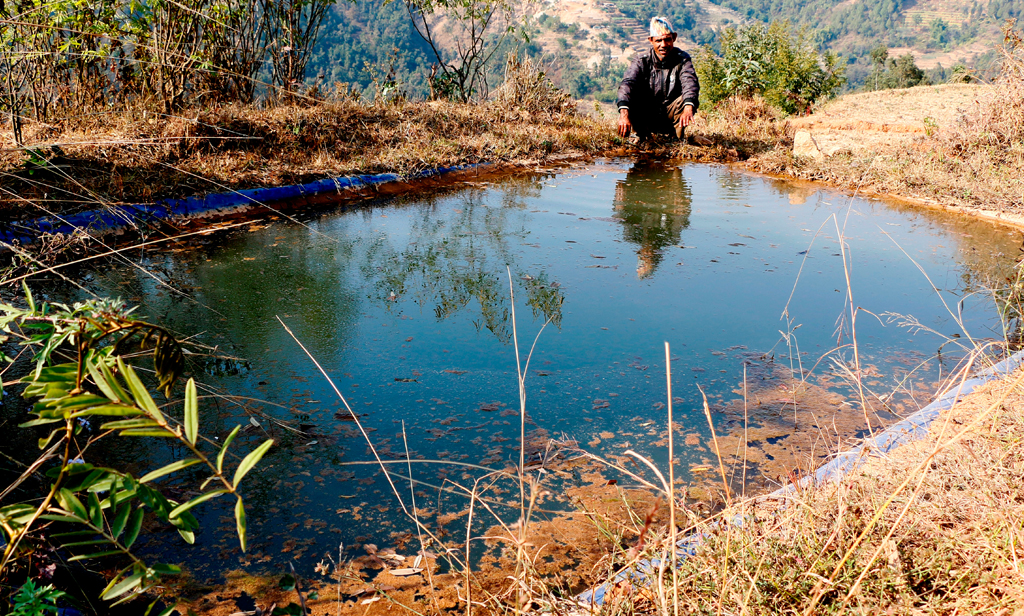Energy & Water Resources

Nepal is a country of rivers and mountains thus making it one of the rich countries in terms of water resources and hydroelectric potentials. However, sound management of water is more prevalent at local or informal level/sector compared to national level and sector. At local level, water use practices are found to be both climatically and socioeconomically adaptive, and the practices are getting better recognized these days while introducing new water management systems in order to ensure ownership and sustainability of the formal system. Many successful indigenous and local water management practices do not receive priority from the government and these practices are at risk of becoming lost. To ensure their continuity, government agencies should continue to pay attention to sustaining local knowledge and practices in water management. Some of the issues and solutions being reported are:
- Local water practices follow catchment boundaries and therefore national and local policies and regulations also need to follow basin-wide management. This would ensure equitable water allocation that recognizes local use rights, considers the demand and supply balance, as well as accepted social norms and values.
- Rapid and unplanned urbanization is posing new challenges to indigenous systems of drinking and irrigation water management. Local government bodies are unable to address these challenges without support from higher levels in government and public policies that recognize links between local rights, quality of services (food production from irrigation and drinking water), real estate development, land use changes and reconciling competing demands for water.
- Recognizing the criticality of water in adaptation, scarce water resources need to be managed efficiently and equitably – both at local and national levels. Local water management practices based bottom-up processes provide grounded evidence for reforming public policy on climate change adaptation (CCA) that can effectively help in reducing climate change induced vulnerability.
- ILKP such as traditional ponds and farmer managed irrigation systems (FMISs) need to be integrated with the wider promotion of techniques such as rainwater harvesting, use of drip and sprinklers, as well as, conservation of ponds and wetlands to make more efficient and effective use of water. Such efforts should also make attempts to enhance productivity of water through its multiple uses. A strategy such as this promotes diversity as one of the key characteristics of resilience that helps in adaptation to climate change.
